A Global Perspective of the "Boutique Hotel"
Uncover the magic of boutique hotels, where AI marketing tools for travel redefine your journey. Explore how personalized luxury and local charm merge to create unparalleled experiences.
What is a Boutique Hotel? A Global Perspective
Boutique hotels have emerged as a preferred choice for travelers seeking unique, personalized experiences over the uniformity of traditional hotel chains. Characterized by their intimate size, distinct personality, and attentive service, boutique hotels offer a gateway to the culture and lifestyle of their locations. However, the definition of a boutique hotel and the amenities offered can vary significantly across regions, including South Africa, the USA, Mexico, the UK, and Europe. Let's explore these nuances and comprehensively understand what makes a boutique hotel stand out.
Defining the Boutique Hotel

At its core, a boutique hotel emphasizes a unique theme and personalized service. Typically housing fewer rooms than mainstream hotel chains—often less than 100—their primary aim is to offer guests a more intimate and exclusive experience. These hotels often feature stylish decor reflecting local culture, advanced technology, and high-quality amenities. AI marketing tools for travel and hospitality are becoming essential in helping these hotels craft personalized guest experiences and stand out in a competitive market. This sets the stage for integrating technology as a part of the unique offerings of boutique hotels. Despite these commonalities, regional differences affect their interpretation and execution.
South Africa: A Blend of Culture and Luxury
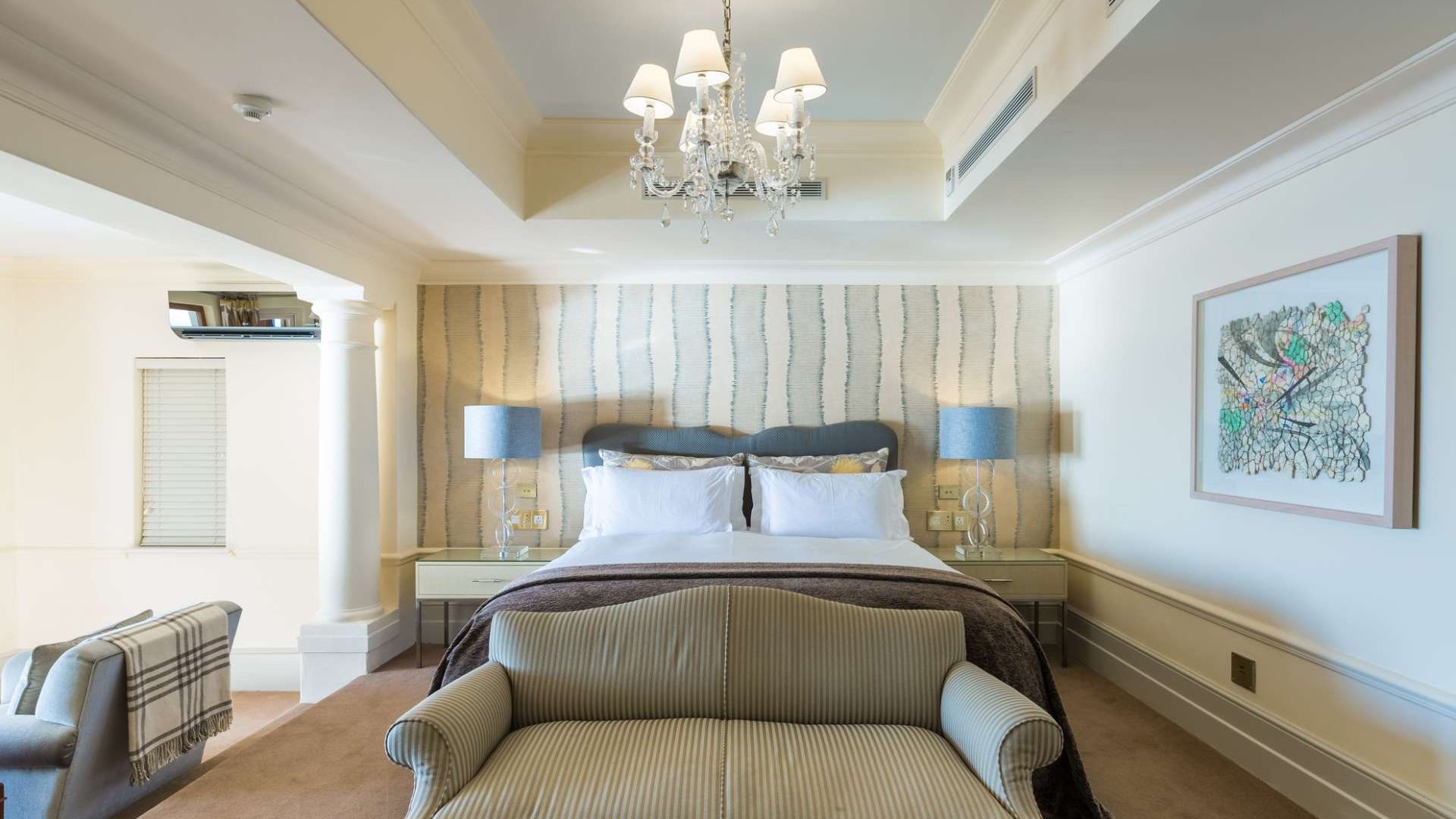
In South Africa, boutique hotels are often nestled in stunning landscapes, offering breathtaking views of the country's diverse beauty—from mountain backdrops to ocean fronts. They tend to integrate local art, traditions, and cuisine, providing a profoundly cultural experience. South African boutique hotels, like the picturesque Ellerman House in Cape Town, combine luxury with a strong sense of place, often incorporating elements of the country's rich history and vibrant art scene.
USA: Innovation and Diversity
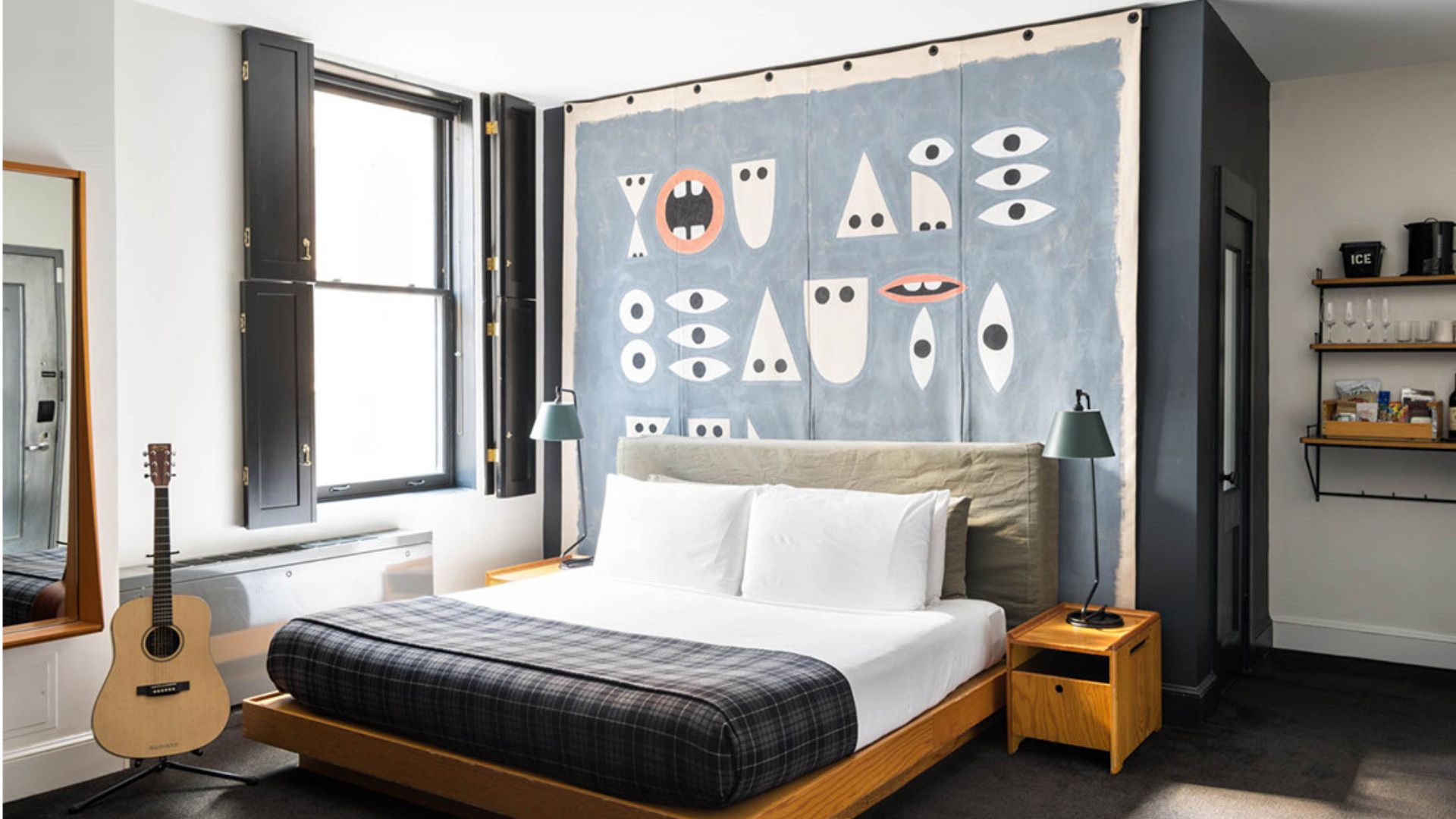
The United States sees a wide variety of boutique hotels, from urban retreats in skyscrapers to historic inns in small towns. The common thread is their emphasis on unique, thematic designs and a commitment to providing personalized experiences. In cities like New York or San Francisco, boutique hotels often showcase cutting-edge design and technology, making them appealing to a younger, trendier crowd. For example, the Ace Hotel in New York City is known for its hip, artistic atmosphere and community spaces that host local events.
Mexico: Authenticity and Warmth
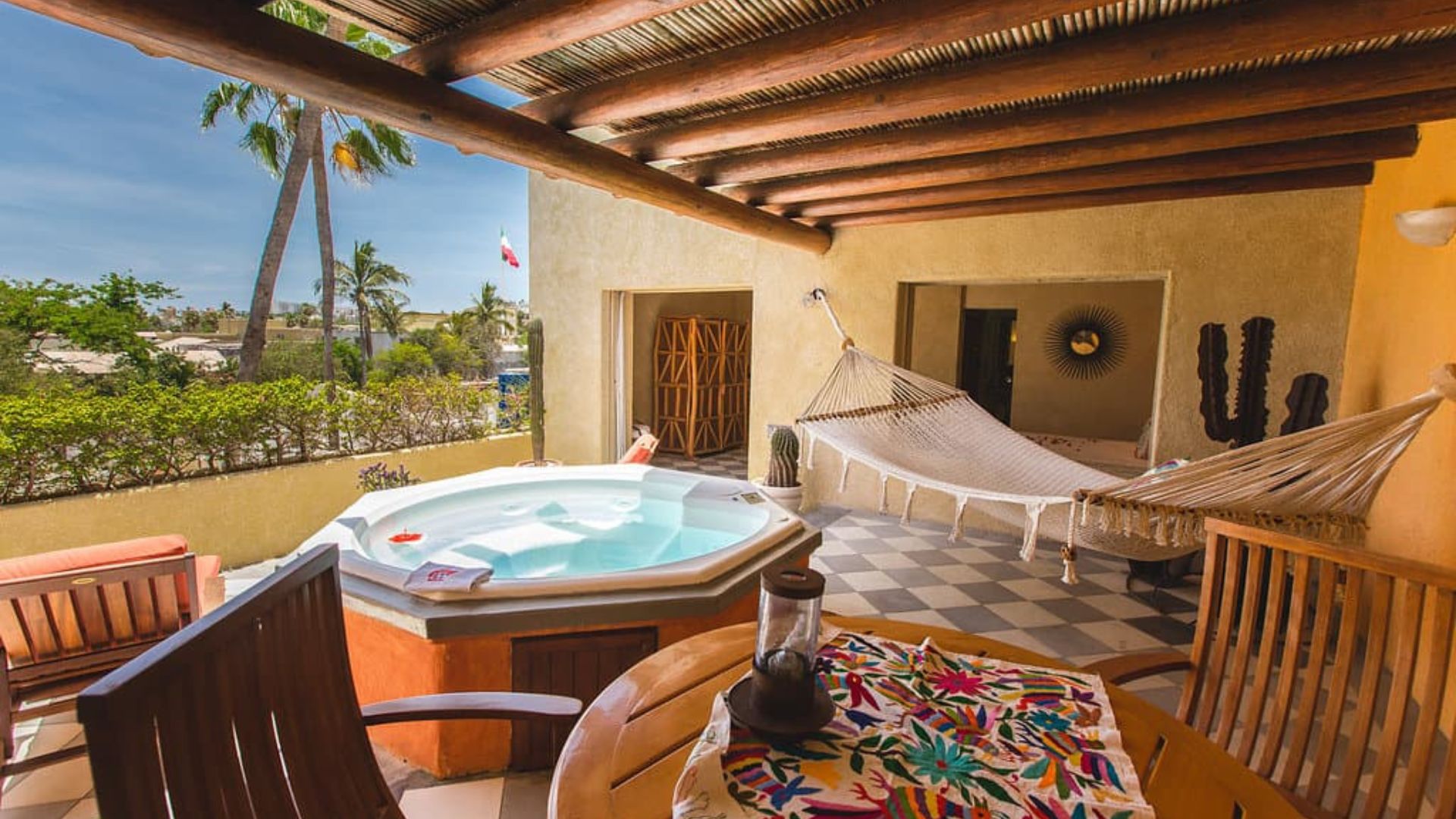
Mexican boutique hotels beautifully capture the country's warmth and colorful aesthetic. They are often located in colonial buildings with lush courtyards, traditional décor, and an emphasis on Mexican cuisine and hospitality. These properties, such as Casa Natalia in San José del Cabo, offer guests an authentic experience that combines luxury with a deep connection to local traditions and environments.
UK: Elegance and History
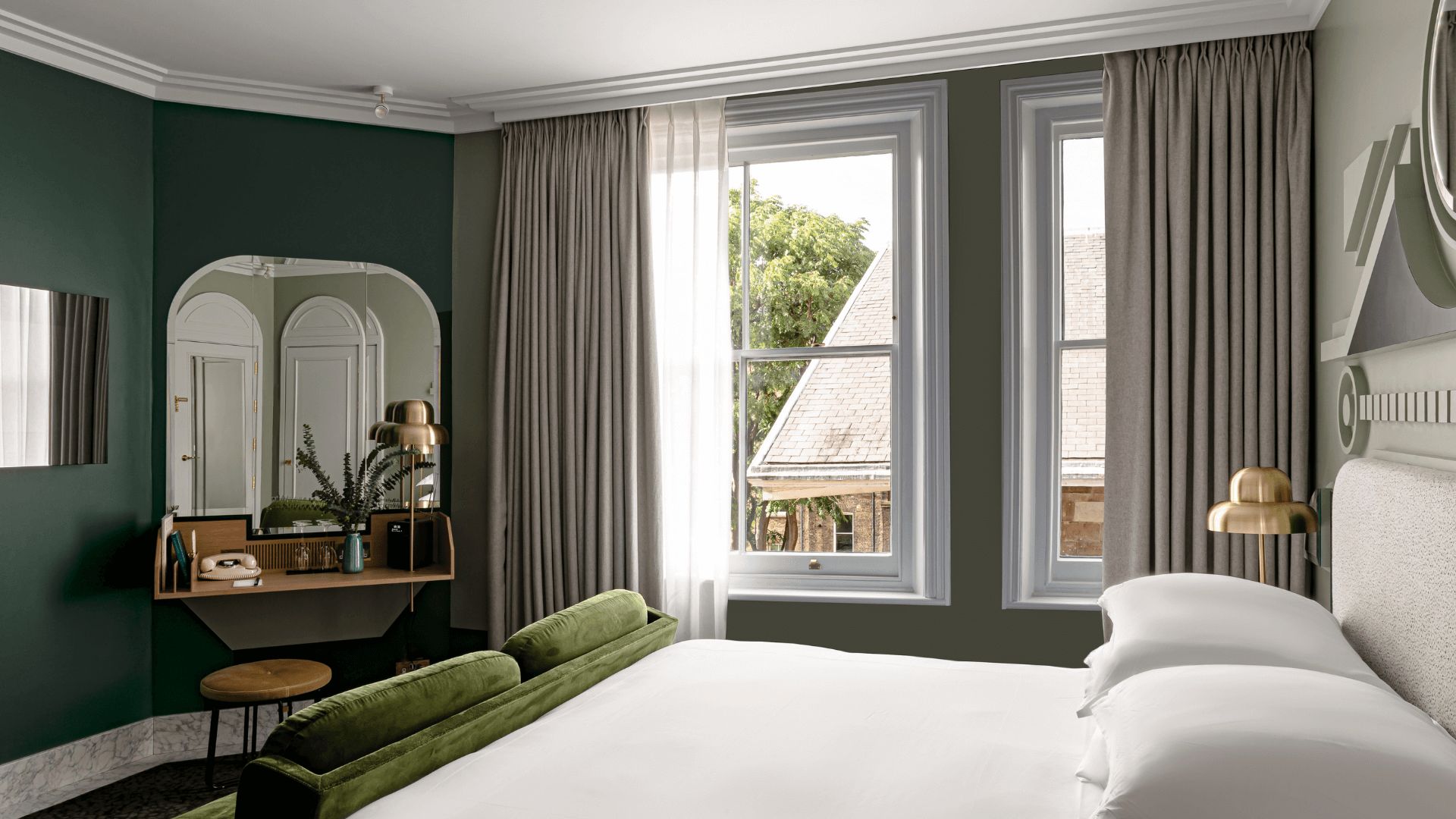
In the United Kingdom, boutique hotels often reside within historic buildings, providing a luxurious yet quaint experience. They pride themselves on British elegance, superior service, and a cozy, home-away-from-home feeling. The UK's boutique hotels, like the Henrietta Hotel in London, seamlessly blend traditional British architecture and modern design, creating an intimate atmosphere that appeals to those seeking both comfort and style.
Europe: Artistic and Eclectic
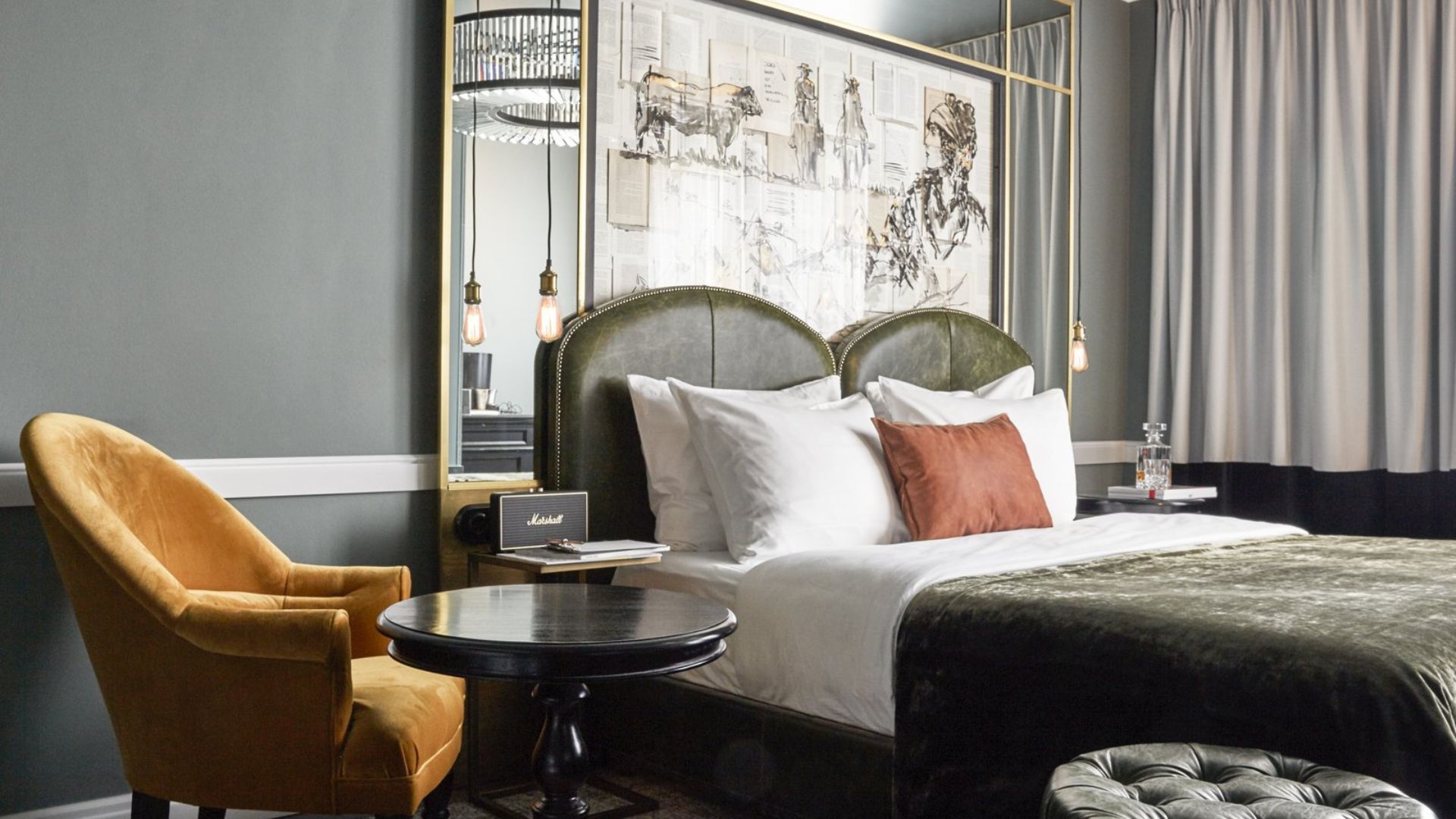
European boutique hotels are characterized by their artistic flair and eclectic design, deeply influenced by the continent's rich cultural heritage. From the bohemian boutiques of Paris to the minimalist chic hotels of Scandinavia, Europe's boutique accommodations are as diverse as its cultures. These hotels often prioritize sustainability and eco-friendly practices, integrating local and organic products. The Sir Savigny Hotel in Berlin exemplifies Europe's boutique ethos, offering a space where design, art, and comfort converge.
Amenities and Experiences

While the essence of boutique hotels remains consistent—personalized service, distinctive design, and intimate settings—their amenities and experiences vary to reflect regional preferences and cultural nuances.
· South African boutique hotels may offer safari tours, wine tastings, and art galleries.
· In the USA, amenities often include state-of-the-art fitness centers, rooftop bars, and tech-savvy rooms.
· Mexico's boutique hotels might highlight spa services using traditional healing methods, cooking classes, and private beach access.
· UK properties could focus on afternoon tea services, lush gardens, and libraries filled with classic literature.
· European boutique hotels may provide bespoke city tours, wine and cheese tastings, and rooms adorned with works from local artists.
AI marketing tools for travel and hospitality can help curate and customize amenities and experiences based on guest preferences, ensuring each stay is unique. Mention how AI-driven insights can guide hotels in selecting which amenities to offer or experiences to highlight based on the preferences of their guests from different regions.
Boutique hotels offer a refreshing alternative to the one-size-fits-all approach of larger hotel chains, providing unique experiences tailored to their locale. From the art-infused corridors of a Berlin boutique to the historic elegance of a London inn, these properties invite guests to immerse themselves in the local culture and lifestyle. Whether it's the warmth of Mexican hospitality, the innovative spirit of American accommodations, the cultural immersion of South African stays, or the historic charm of UK lodgings, boutique hotels cater to travelers seeking authenticity, luxury, and personalized service. As the concept of boutique hotels continues to evolve, one thing remains clear: they offer an unparalleled gateway to the world's diverse cultures and traditions, making every stay a memorable journey.
Key Trends
In the next three years, boutique hotels are poised to play an increasingly pivotal role in the global hospitality industry, driven by several key trends that add significant value to their proposition. Here's how:
Emphasis on Sustainability and Eco-friendliness
As global awareness and concern for environmental issues grow, travelers are becoming more conscious of their travel choices, seeking accommodations that align with their values. Boutique hotels lead the way in sustainability, often incorporating eco-friendly practices like solar energy, water conservation, and zero-waste policies. This commitment reduces their environmental impact and appeals to a growing segment of eco-conscious travelers.
Leveraging Technology for Personalization
Using advanced technology to enhance guest experiences is another area where boutique hotels are expected to shine. AI marketing tools for travel and hospitality are at the forefront of technology-driven personalization, enabling boutique hotels to meet the high expectations of modern travelers and ensure memorable and unique stays. With innovations and data analytics, these hotels can offer even more personalized services, from customized room settings to tailored travel itineraries.
The Rise of Local Experiences
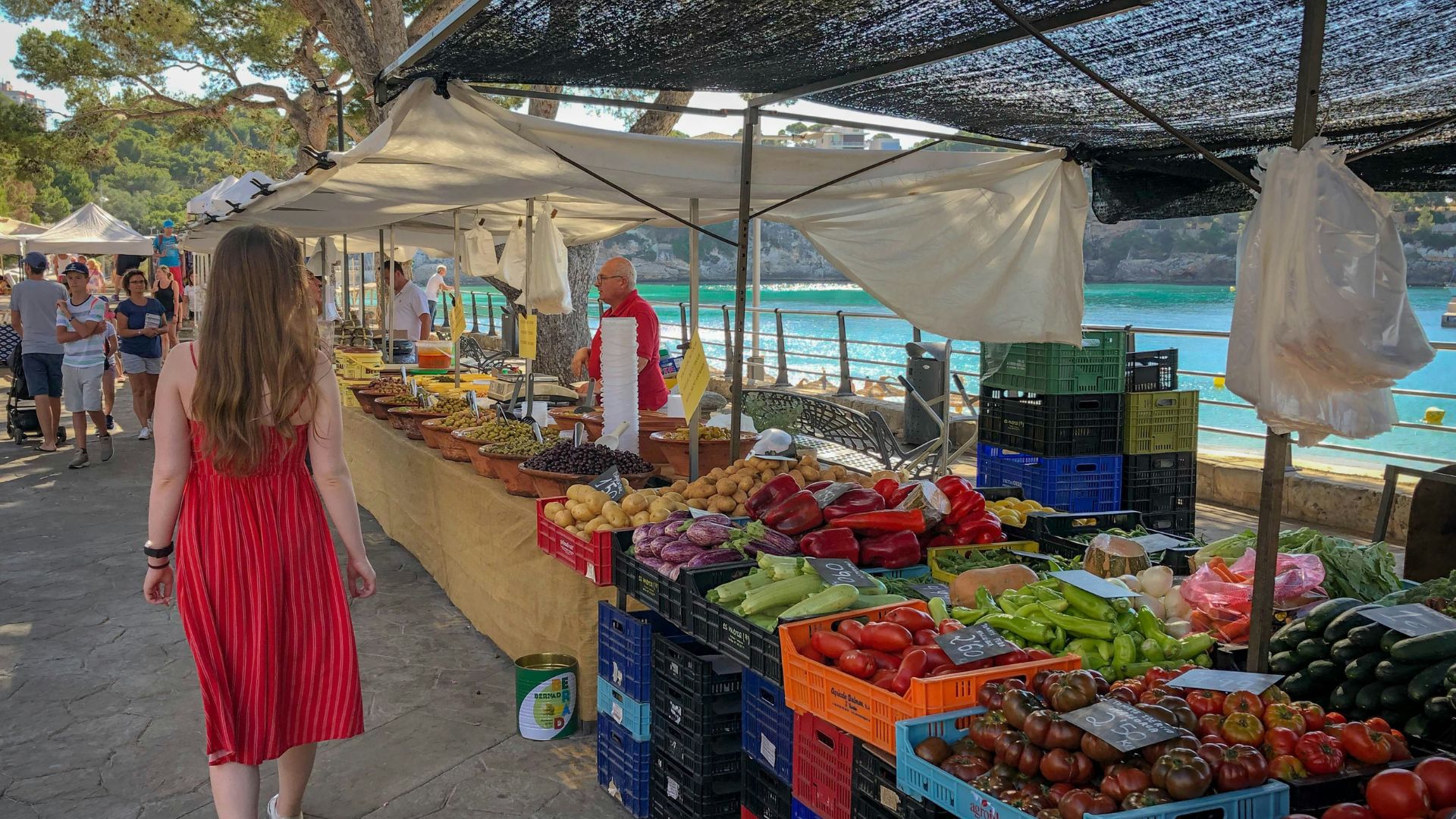
Travelers are increasingly seeking authentic, local experiences over generic tourist attractions. With their deep community ties and local knowledge, boutique hotels are perfectly positioned to offer these experiences. Whether it's local cooking classes, guided tours of hidden gems, or partnerships with local artisans and businesses, boutique hotels can provide guests with an insider's view of the destination, enhancing the value of their stay.
Increasing Demand for Wellness and Health-focused Travel

The wellness tourism sector is booming, and boutique hotels are at the forefront of this trend. Many are expanding their offerings to include wellness retreats, yoga sessions, meditation workshops, and health-focused menus. These services cater to travelers looking to maintain their wellness routines while on vacation and attract guests seeking a holistic wellness escape.
The Impact of Social Media and Digital Marketing
Social media and digital marketing continue to influence travelers' choices significantly. With their unique aesthetics and personalized experiences, boutique hotels are incredibly photogenic and shareable on platforms like Instagram. This visibility can enhance their global appeal, attracting a younger demographic that values the uniqueness and shareability of their travel experiences. In addition, AI marketing tools for travel analyze trends and preferences on social media to help hotels create content that resonates with their target audience, driving engagement and bookings.
Flexibility and Innovation in Response to Global Events

The recent global events, including the COVID-19 pandemic, have underscored the need for the hospitality industry to be flexible and innovative. With their smaller size and agile management, boutique hotels can adapt quickly to changing circumstances, whether implementing new health and safety protocols or offering flexible booking policies. This agility adds value to their proposition, reassuring travelers in uncertain times.
Boutique hotels are set to redefine the hospitality landscape, emphasizing sustainability, personalized experiences, local culture, wellness, and effective use of digital platforms. Their ability to adapt quickly to global trends and travelers' evolving preferences positions them as a valuable choice for discerning travelers. As we move into the next three years, boutique hotels will survive and thrive, offering unique, meaningful, and memorable experiences that stand apart from traditional hotel offerings.
Latest posts

Independent hotels and vacation rentals should run a 10-minute AI audit to see how tools like ChatGPT, Google summaries, and OTAs are publicly describing their property without their input. When AI-generated descriptions don’t match reality, expectation gaps erode reviews, ratings, and direct bookings, making proactive source updates a critical part of modern hospitality marketing.

Most independent operators market their property at its best and never see the gap that forms on normal days. The Tuesday Test is a framework for closing the distance between what your listing promises and what midweek guests actually find.

Guests don't return to "fine." They return to specific. This post shows how to find or create one memorable moment that earns direct bookings and referrals instead of handing repeat guest revenue back to OTAs.




